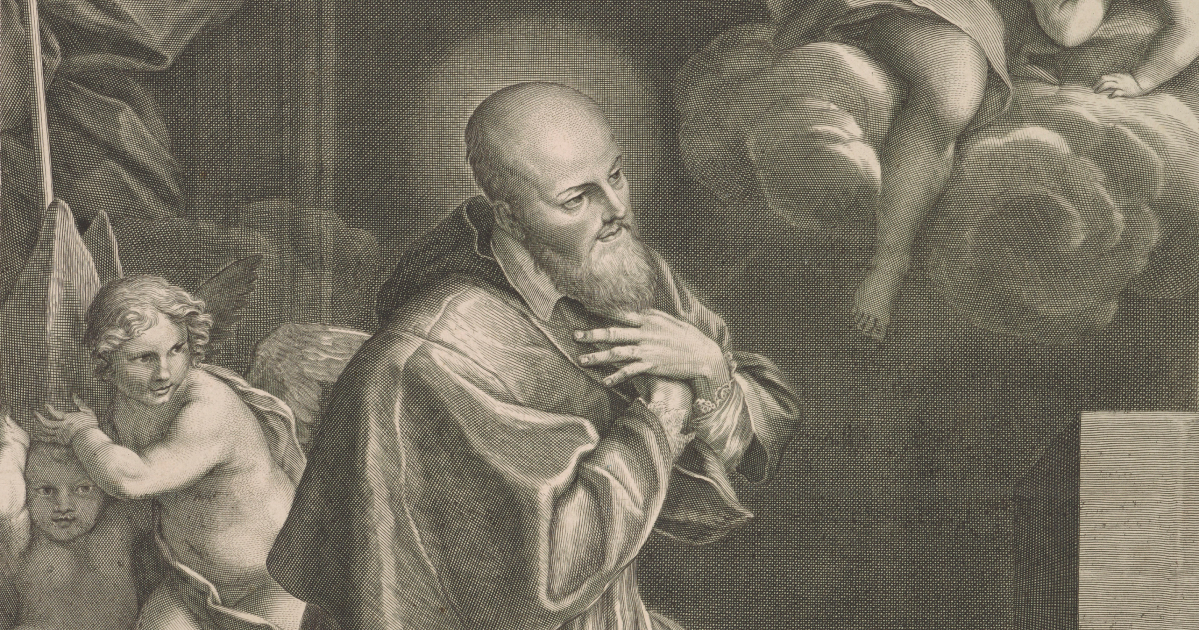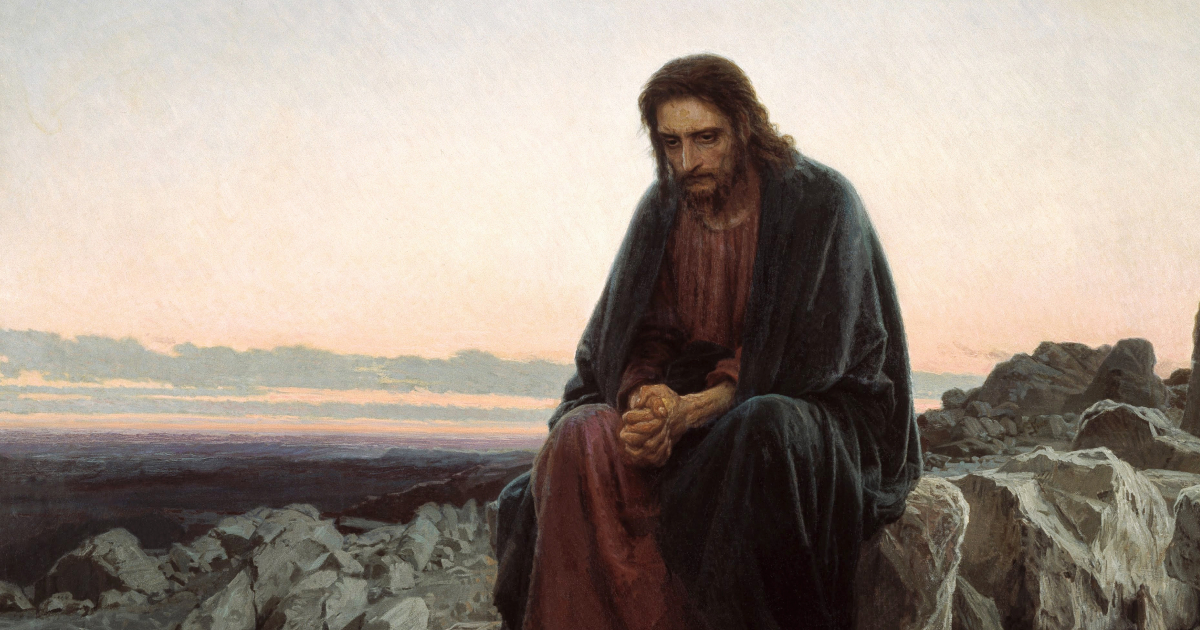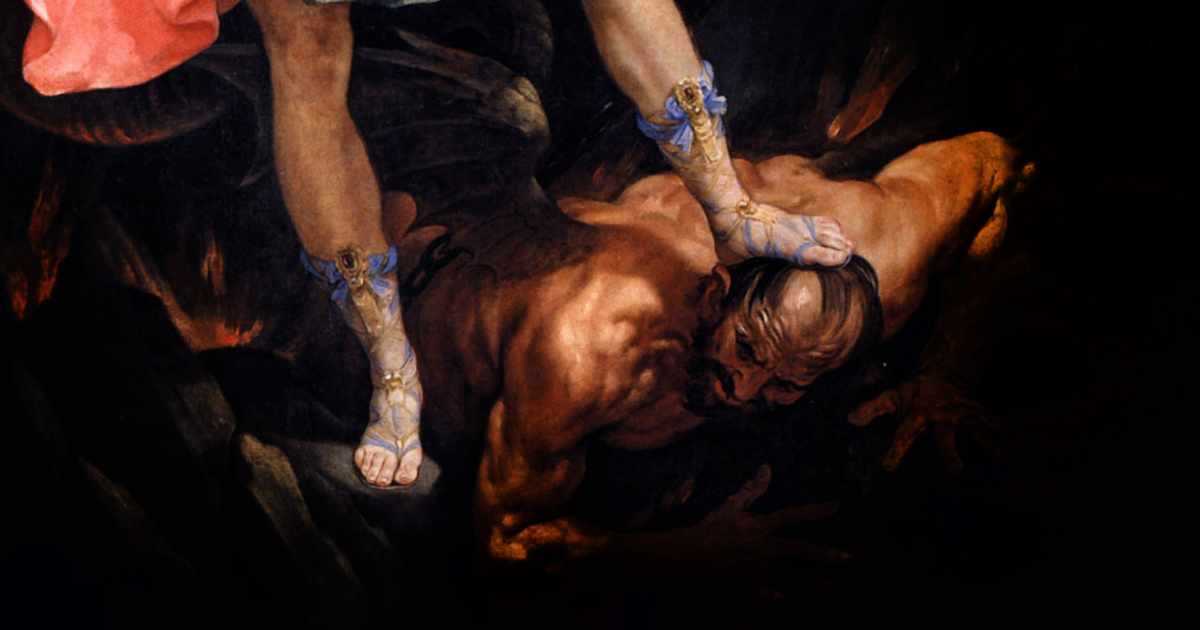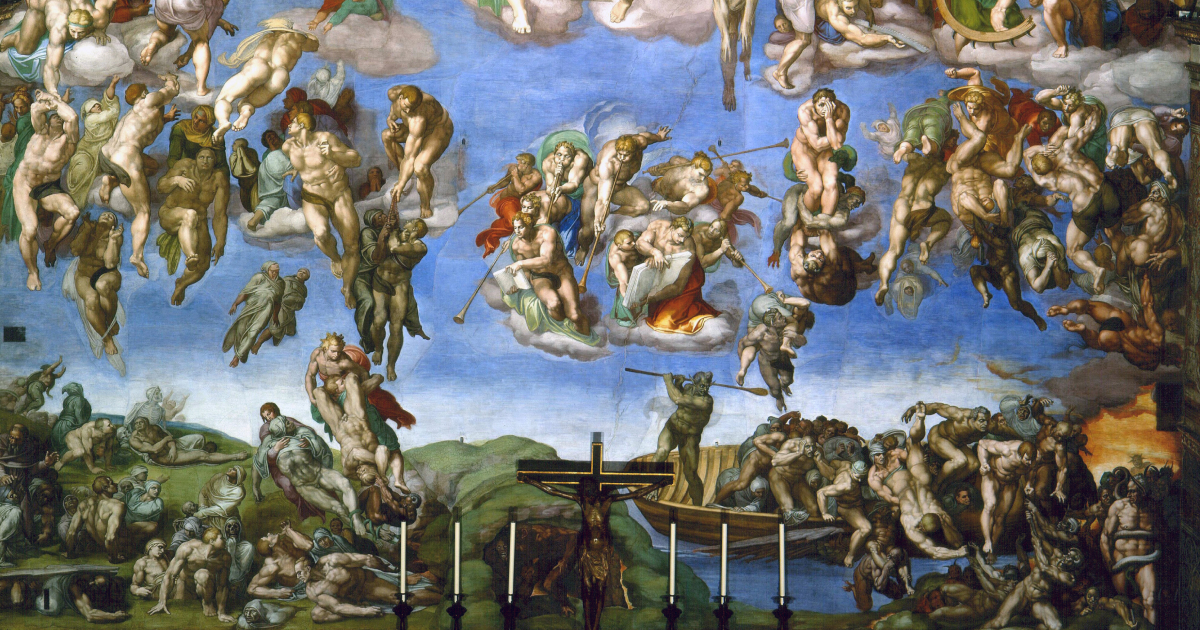My mother was brought up in a devoutly Catholic family. Faith remains central to her life. Her brother, by contrast, ceased to practise his faith many years ago and has lived his life far from God and the Church. It breaks her heart that he is now in the final stages of cancer and might die without being reconciled. Is there anything I can do to help my mother or my uncle?
As you may imagine, the situation you describe arises frequently and causes considerable distress to family members. God bless your mother for her concern for the wellbeing of her brother in this world and in eternity. Even Catholics can find it difficult or embarrassing to raise such matters, but for a believer they are fundamental. Reassure your mother that she is right to show such concern; this is real love.
It is a question, of course, of balancing your mother’s well-founded Catholic instincts with sensitivity towards your uncle and respect for his free will. I imagine that your mother has already asked your uncle if he wishes to see a priest, assuring him that the priest is not there to judge but to offer the mercy and love of God, the consolation of the sacraments, the hope of eternal life.
Assuming your uncle has declined such an offer, it is essential that he sees the family’s love is not conditional on his response and that he does not feel pressurised amidst all the other difficulties he is now suffering. It is better for him to experience the practical witness of Christian love than to be subject to arguments, however well-argued and well-intentioned.
It is a real problem with the proponents of assisted suicide that they do not recognise that human dying is a process and a journey. Your uncle’s reluctance to see a priest may be a fixed and principled reflection of faith. It is part of the mystery of free will that, ultimately, we can say a definitive no to God. It is the experience of most priests, however, that an initial refusal to seek the sacraments can be the consequence of an unwillingness or an inability to consider such a request at that particular point. With care and accompaniment – and without applying any pressure – anger and despair are often transformed into a peaceful acceptance of one’s condition and a desire to be reconciled to family, neighbour and God.
The dying often wish to speak about what is most important to them. In your uncle’s case, this may include his Catholic upbringing and the reasons and circumstances which caused him to depart from that. Allow him to speak in his own time and without giving any indication, however unintentional, of his being judged. This unconditional accompaniment can demonstrate to him something of the merciful nature of God.
Then, of course, as I am sure is already the case, you and your mother should trust in the power of prayer. Pray to the Good Shepherd who came to gather the lost sheep and those who have strayed. Have Mass offered for your uncle’s intentions; this is the most powerful prayer of all. Our Lady has a deep, maternal love for all her children; pray the rosary regularly on your uncle’s behalf. Ask for the prayers of his patron saint and of St Joseph, patron saint of the dying. God will not allow these prayers to be wasted.
Not everyone will be granted a dramatic deathbed conversion, like that in Brideshead Revisited when Lord Marchmain feebly, but decisively, traces the sign of the cross as he finally agrees to see a priest. Yet God does not demand abject abasement on the part of the returning penitent. Think of the response of the father in Our Lord’s parable of the Prodigal Son. The slightest opening to grace gives Him the opportunity to intervene and to heal.
The sacraments can be administered to bring pardon and peace, to help the soul home to God. If your uncle has definitively rejected the ministrations of the Church, then, of course, we have to accept that. If, however, he has not, then the Church presumes that the unconscious would want what is spiritually best for them, and a priest may in good conscience be called to minister the sacraments.
Sensitively and at the appropriate moment, you should also raise with your uncle what kind of funeral he would like. Ask him whether he would like a Requiem Mass and how much this would mean to your mother. Again, we must respect his decision – but perhaps in more cases than you might imagine, people are open to the possibility. In any event, you should still have Masses offered for the repose of your uncle’s soul after his death.
I don’t underestimate for a moment the pain this situation is causing your mother. She should know, however, that she is not alone. Our Lord Jesus Christ came into the world; He offered His life to save sinners. As St John Henry Newman, soon to be a Doctor of the Church, tells us, “He knows what He is about.” The Lord sees your mother’s anguish. He loves your uncle and seeks his salvation.

















